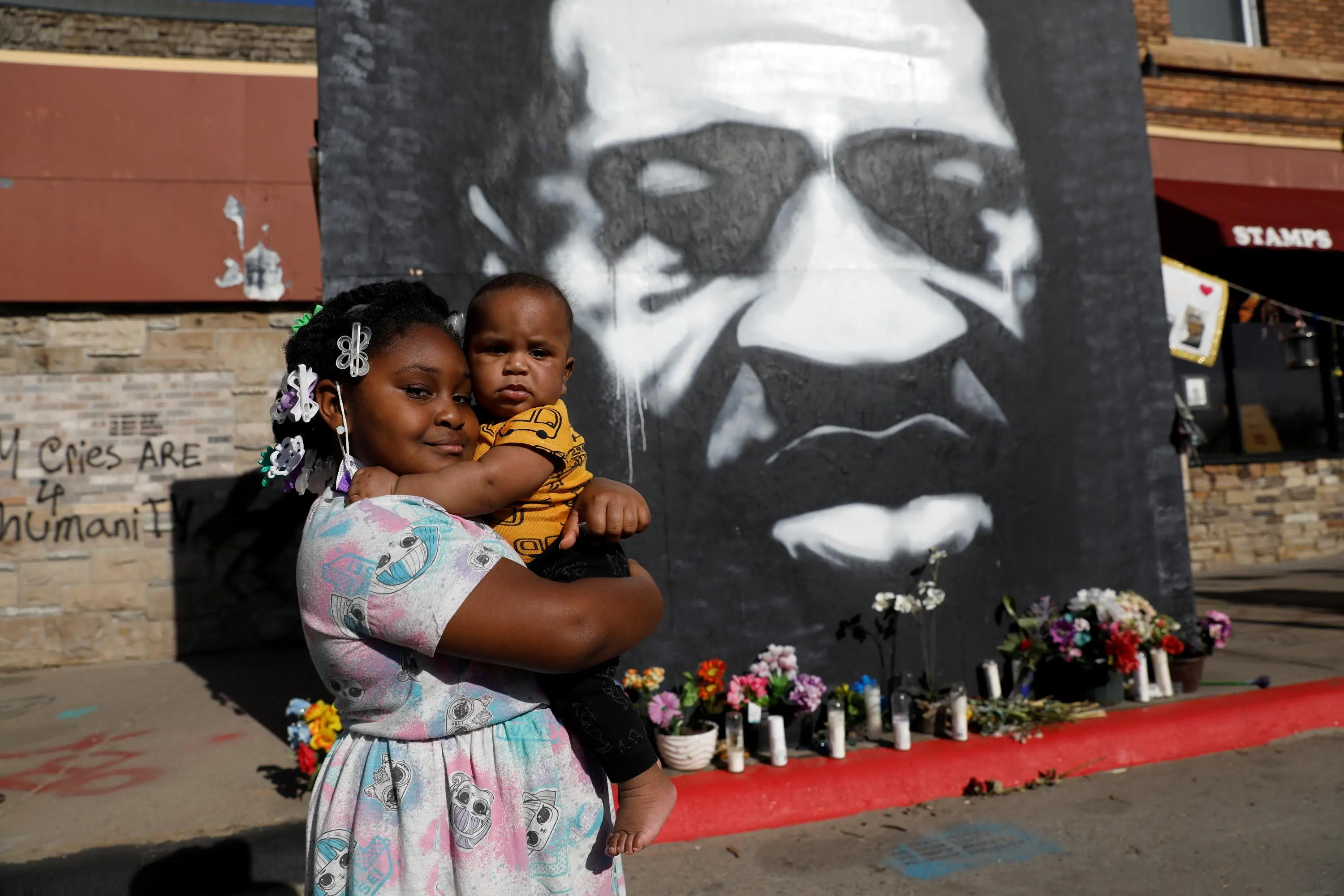PHOTO
All eyes in the US are on the city of Minneapolis in the cold Midwestern state of Minnesota, where a historic murder trial may lead to drastic reform of the police and justice systems.
It all began on May 25, 2020, when the police received a call from a convenience store employee alleging that a customer had used a counterfeit $20 bill to pay for some cigarettes.
Four police officers arrested the customer, a 46-year-old black man named George Floyd. He was handcuffed, pinned to the ground, and choked by officer Derek Chauvin, and a few minutes later he was dead. Video footage emerged of Chauvin with his knee on Floyd’s neck as the man pleaded for his life. “I can’t breathe, please, the knee on my neck, I can’t breathe, sir,” were Floyd last words before he lost consciousness.
Anti-police protests erupted in several American cities, ignoring the fact that the overwhelming majority of these men and women in blue put their lives on the line to protect all citizens regardless of race, ethnicity, gender, creed, and national origin. Nevertheless, George Floyd was not the first African American victim of racial bias by rogue members of US law enforcement. He should be the last. Police brutality should not be part of the American culture.
Chauvin was fired from the police department the day after the incident, and he was later charged with second-degree murder, third-degree murder, and second-degree manslaughter. If convicted, he could be jailed for up to 40 years.
Regardless of the outcome of this trial, America still has a long road of reform and reconciliation ahead. Would a guilty verdict be enough? No. Would changing the status quo be enough? No. Is waging a cultural war against white people the answer? No.
The core of the problem lies within the black community itself, and without serious broader discussions between black leaders and politicians from both major parties, the death of George Floyd will have been in vain.
People living in households with income below the federal poverty line are twice as likely to commit a violent crime than people in high-income households, regardless of ethnicity. The black minority has been ignored for a long time except during election season, and black neighborhoods have been neglected by both parties. Black leaders need to be more transparent, more straightforward, and more daring to have an open and honest dialogue about the rise of the black-on-black crime rate, the increase in black poverty, and the lack of good education and social programs for black children and young people to give them better options and a brighter future.
America is a melting pot in which no minority should be faced with racial injustice or police brutality. The Chauvin trial is being watched worldwide to see what the justice system can achieve in the land of the free. But whatever the outcome, black, brown, white, and blue lives should matter to all of us.
- Dalia Al-Aqidi is a senior fellow at the Center for Security Policy. Twitter: @DaliaAlAqidi
Copyright: Arab News © 2021 All rights reserved. Provided by SyndiGate Media Inc. (Syndigate.info).





















